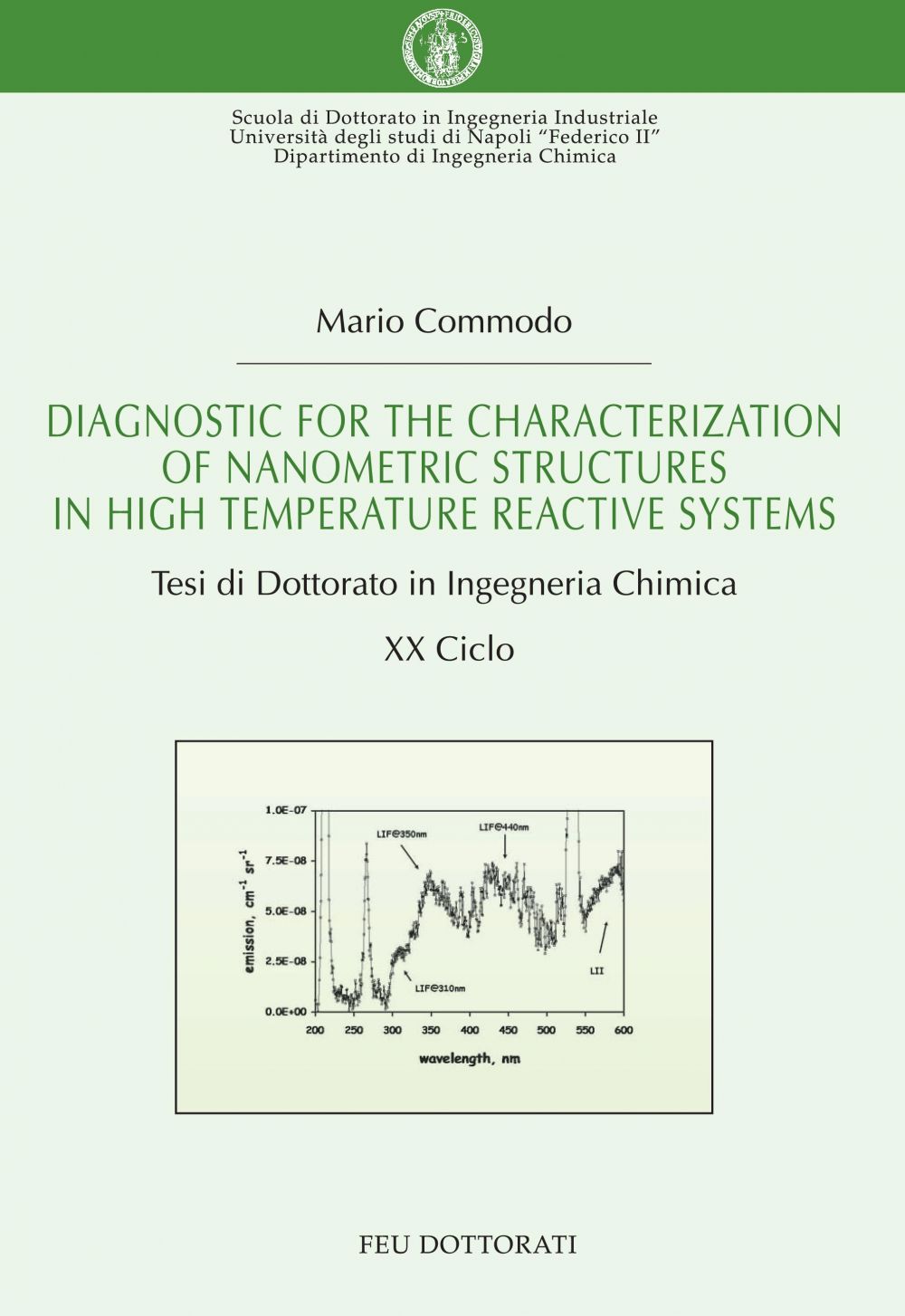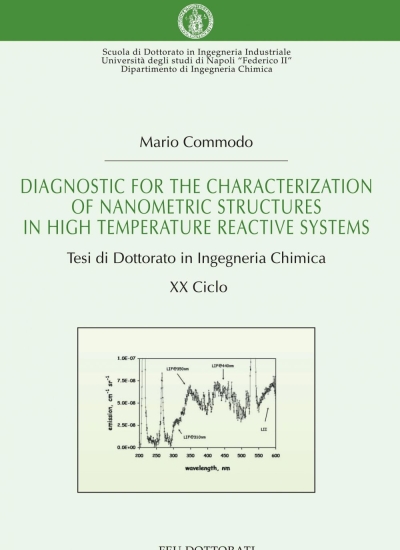Description
It is now well know that the fraction of particulate matter in the ambient air defined as ultrafine particles can be considered the most critical for adverse human health effects because of their chemical composition and the ability of these particles to penetrate deeply into the respiratory tract. Moreover, combustion has been recognised as the major source of harmful fine and ultrafine particles. The aim of the present thesis work is to investigate carbonaceous nanoparticles formation by combustion processes. The reported experimental evidences allow to conclude that two classes of nanoparticles are formed in flame: Nanoparticles of Organic Carbon (NOC), with sizes smaller than three nanometers and “primary” soot particles, with sizes larger than ten nanometers that lead to the formation of soot aggregates. Furthermore, the thesis work shows that these combustion-generated nanoparticles strongly depend on fuel composition, combustion system and on the presence of exhaust treatment systems.



